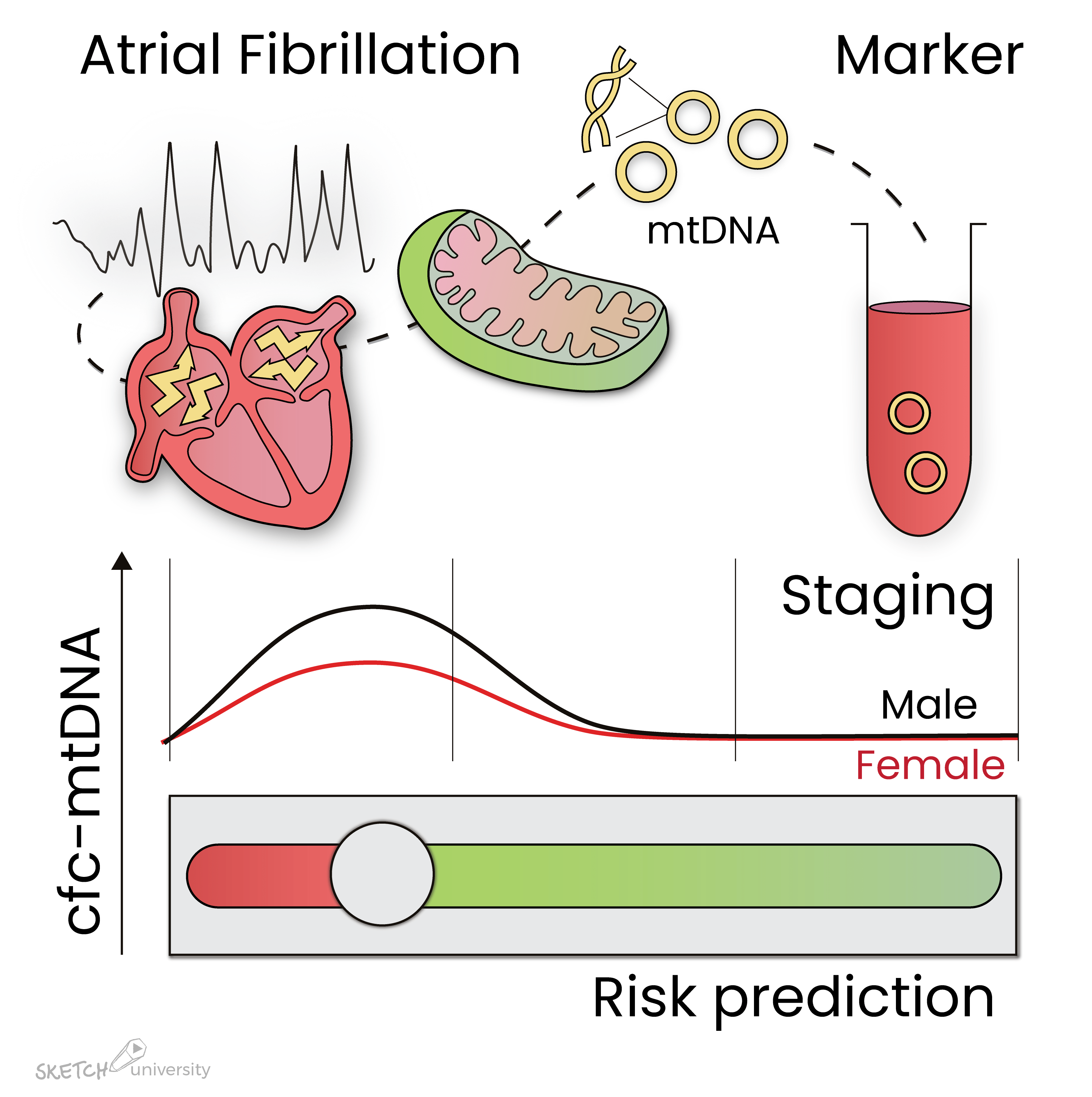L-glutamine alters HSP levels and normalises energy status in patients with atrial fibrillation
Treatment strategies for atrial fibrillation (AF) are only moderately effective and do not prevent AF onset and progression. This difficulty of treatment predicts a great need to dissect root causes of AF and to develop novel therapies.
Emerging research findings indicate that heat shock proteins (HSP) mitigate AF onset and progression in experimental model systems for AF. In line with this, previous studies revealed that HSP-inducing compounds promote enhancement of contractile function and prevents loss of cellular integrity during AF.
Such an HSP inducing compound is L-glutamine, a semi-essential amino acid, already registered as a dietary supplement.
L-glutamine has cardioprotective effects
Clinical and experimental studies have consistently associated L-glutamine administration with increased HSP expression, especially HSP27 and HSP70 in organs. In the heart, L-glutamine may protect against atrial fibrillation-induced cell damage and as such may lower HSP excretion to the circulation.
Glutaminimize AF: the first AFIP study based on co-creation with patients
Therefore, AFIP in co-creation with patients with atrial fibrillation investigated the effect of L-glutamine supplementation on HSP27 and HSP70 serum levels and metabolite levels in patients with atrial fibrillation (n = 21).
After 3-months of L-glutamine supplementation, HSP27 and HSP70 levels significantly decreased. Also, patients with high HSP27 levels at baseline showed normalization of several metabolites related to the carbohydrates, nucleotides, amino acids, vitamins and cofactors metabolic pathways after 3-months L-glutamine supplementation.
In conclusion, L-glutamine supplementation reduces the serum levels of HSP27 and HSP70 within 3-months and normalizes metabolite levels. This knowledge may fuel future clinical studies on L-glutamine to improve cardioprotective effects that may attenuate AF episodes.
This study was sponsored by the non-profit organisation ‘Coolsingel’ and designed in co-creation with atrial fibrillation patients.
AFIP thanks all patients for their contribution.
The study has been published in the journal Cells.
Do you know someone who might be interested in this?






